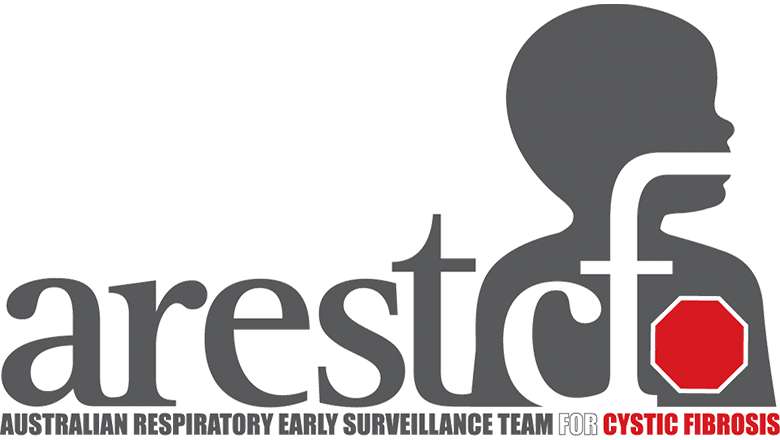Search
Research
Clinical associations and prevalence of Scedosporium spp. in Australian cystic fibrosis patients: identification of novel risk factorsRisk factors for the association of Scedosporium in cases of cystic fibrosis (CF) and its clinical implications are poorly understood
Research
Stability of interleukin 8 and neutrophil elastase in bronchoalveolar lavage fluid following long-term storageInterleukin-8 (IL-8) and neutrophil elastase (NE) are commonly measured markers of inflammation in bronchoalveolar lavage (BAL) fluid from patients with cystic
Research
Detection of occult Scedosporium species in respiratory tract specimens in cystic fibrosis (CF) by use of selective mediaRespiratory samples from cystic fibrosis outpatients were cultured on Sabouraud's dextrose agar (SABD) containing antibiotics, Mycosel, and Scedosporium-sel...
Research
Cystic Fibrosis Early Surveillance ProgramResearchers are able to track the progress of lung disease through a comprehensive longitudinal set of biological samples, images and data archives.

The Foundations of Lung Disease Team is focused on improving the diagnosis, treatment, and lifelong care of childhood lung disease.
We’ve heard from families that trustworthy information about preterm-associated lung disease is difficult to find. In response, we’ve created resources to empower families with the knowledge they need to manage these challenges.

News & Events
$3.4mill to improve treatment management of cystic fibrosisThe Kids researchers have been awarded over $3.4 million for a new trial to pioneer improved ways for managing cystic fibrosis (‘CF’).

News & Events
NHMRC funding awarded to support child health researchThe Kids Research Institute Australia researchers have been awarded more than $10 million in research funding from the National Health and Medical Research Council (NHMRC).

News & Events
Cystic fibrosis research a Eureka Prize finalistA world-leading cystic fibrosis research program, based at The Kids Research Institute Australia, is a finalist in the 2015 Australian Museum Eureka Prizes.
News & Events
Healthy lungs, healthy lifeThe lungs are one of the last organs in the body to develop as a baby grows. They're also one of the most important.
